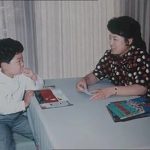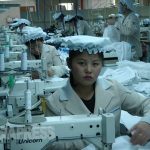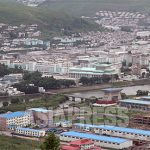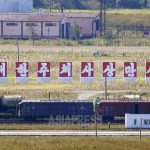
fa-arrow-circle-right<Special Feature> Escaping North Korea…History and Present State(1) Kim Jong Un’s war of extermination leads to the end of the defector era ISHIMARU Jiro
◆ The brutal atmosphere pervading the China-North Korea border…Border crossers are fired upon without warning
After the start of the COVID-19 pandemic in 2020, there has been an unprecedented intensification of security along the Tumen and Yalu rivers. It is reasonable to say that Kim Jong-un has implemented extreme measures to prevent the spread of COVID-19 by investing massive amounts of human and financial resources into the border patrol, despite the paralysis faced by the North Korean economy and deaths by starvation among the country’s vulnerable classes.
Because of COVID-19, I’ve been unable to go to China, but one Chinese member of the ASIAPRESS team has frequently taken photos of the China-North Korea border. The photos show that North Korea has mobilized the military into almost all areas of the border to strengthen the barbed-wire fences, and are even installing equipment that allows electricity to flow through the barriers.
In August 2020, North Korean authorities declared a 1-2km buffer zone along the border and warned that anyone approaching the area without permission would be fired upon without warning. In fact, ASIAPRESS confirmed that an incident had occurred in December 2021 where three people trying to escape into China were shot at, with one person dying as a result. In short, the authorities have made it very challenging for people to even approach the rivers that serve as the border between North Korea and China.
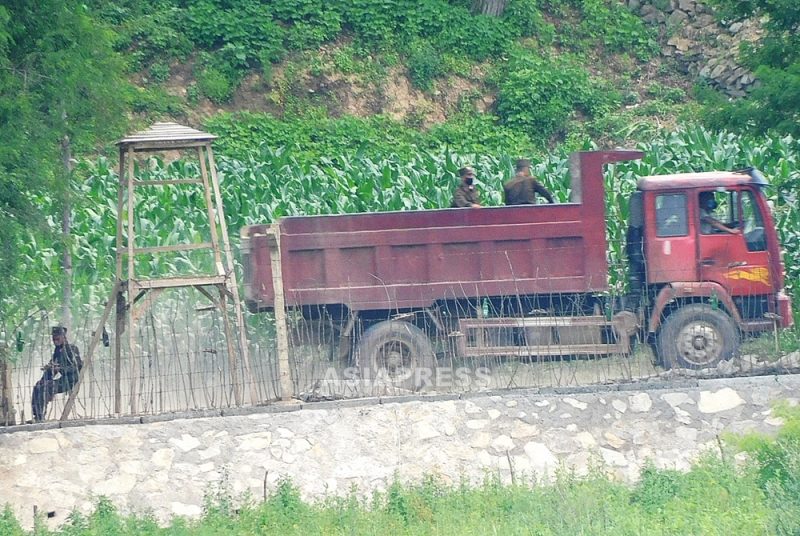
◆ Defectors are a threat to the Kim Jong-un regime
The Kim Jong-un regime has long been frustrated about continued defections by its people. Defectors expose the Kim family dynasty’s lies and serve as living witnesses to the terrible living conditions and horrible human rights abuses inflicted by the regime. In 2016, the UN North Korean Human Rights Committee released a detailed report that examined the country’s political prison camp network and political system, which demands absolute loyalty and subservience from its people on a daily basis. A key source of this information used in the report came from the massive amount of evidence gathered from interviews with defectors.
Defectors have also grown to become the center of anti-North Korean regime activities in other countries, including South Korea. While there is controversy over how these activities are conducted, some defectors send leaflets and USBs through balloons into North Korea with a view to allow people there to access outside information, while others in Europe have tried to establish a government-in-exile. In South Korea, there are two defectors in the National Assembly, Thae Yong-ho and Ji Song-ho.
Most defectors have left their loved ones back in North Korea, which means they have actively tried to stay in touch with relatives to provide them with support. These efforts have created routes in which defectors could send money and information into North Korea. While it has gotten more challenging now, just around five years ago, one phone call was all that was needed to send money from Seoul or Osaka into North Korea.
What’s more, North Korean party and military officials are secretly watching South Korean dramas and other foreign video content. Young North Koreans use South Korean-style accents and enjoy K-Pop.
In December 2020, the Kim Jong-un regime enacted the “DPRK Law on rejecting reactionary ideology and culture” under the strong belief that allowing South Korean culture to permeate into the country would weaken the foundations of the regime. People caught just watching South Korean dramas face five years in prison, while particularly serious infractions can spell the death penalty.

